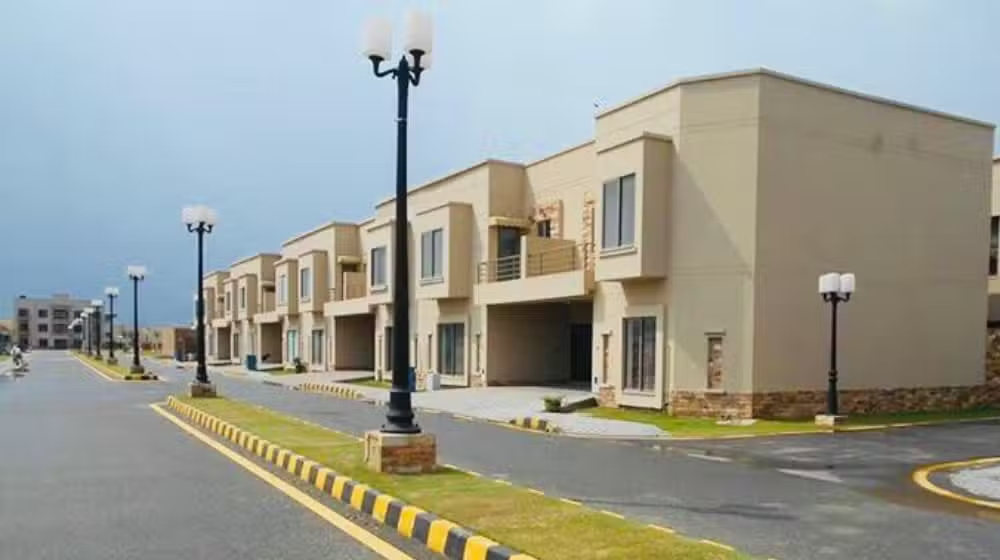
|
Getting your Trinity Audio player ready...
|
Introduction
In a significant move aimed at streamlining the approval process for private housing societies, the Punjab government has announced the elimination of several No Objection Certificates (NOCs) and the introduction of a digital approval system. This change is expected to expedite the development process and address the issues of illegal housing schemes proliferating due to bureaucratic delays.
Overview of Housing Society Approvals in Punjab
Traditional NOC Requirements
Developers seeking to launch private housing societies in Punjab have traditionally needed multiple NOCs from various authorities, including the Lahore Development Authority (LDA) and other regulatory bodies. These certificates were intended to ensure compliance with planning, environmental, and infrastructure standards.
Challenges with the Existing System
Despite fulfilling all NOC requirements, developers frequently faced significant delays in obtaining the necessary technical approvals. These delays were often due to bureaucratic red tape and the inefficiency of the traditional approval process, leading to frustrations among developers and a slowdown in the development of new housing projects.
Major Shift in Approval Process
Digital Approval System
Introduction of a New System
The Punjab government has decided to replace the traditional NOC-based system with a digital approval system. This decision was made after extensive discussions with key stakeholders, including major developers and representatives from relevant authorities. The new system aims to streamline the approval process, reduce delays, and ensure faster decisions.
Elimination of Certain NOCs
Departments Affected
As part of the new initiative, NOCs from specific departments such as the Transport and Engineering Planning Agency (TEPA) and the Environment Department will no longer be required. This change is expected to significantly speed up the approval process for new housing societies.
Stakeholder Discussions
Key Meeting Highlights
SMBR-Led Meeting
A crucial meeting chaired by the Senior Member of the Board of Revenue (SMBR) highlighted the need for reform in the approval process. The meeting, which lasted over four hours, included major developers and representatives from relevant authorities. The discussions centered on the inefficiencies of the current system and the benefits of a streamlined, digital approach.
Agreement on Simplification
Consensus Reached
During the meeting, there was a consensus among stakeholders on the need to simplify the approval process. The removal of certain NOCs and the introduction of a digital system were seen as essential steps towards reducing delays and encouraging the development of new housing projects.
Impact on Illegal Housing Schemes
Addressing Unauthorized Developments
Proliferation of Illegal Schemes
One of the primary reasons for this policy shift is the proliferation of illegal housing schemes. Due to the delays in the approval process, many developers opted to bypass the system entirely, leading to the growth of unauthorized developments. The new digital approval system aims to curb this trend by providing a faster and more efficient approval process.
Encouraging Organized Development
Focus on Brownfield Areas
The new policy also emphasizes the importance of organized development in brownfield areas. By streamlining the approval process, the government hopes to encourage the development of new housing societies in these areas, thereby reducing the growth of unauthorized schemes.
Benefits of the New Approval System
Speed and Efficiency
Reduced Bureaucratic Delays
The digital approval system is expected to significantly reduce bureaucratic delays, providing developers with faster and more efficient approvals. This change will not only expedite the development process but also enhance the overall efficiency of the housing sector.
Improved Transparency
Digital Record-Keeping
With the introduction of a digital system, all records and approvals will be maintained electronically. This will improve transparency and accountability, making it easier to track the status of applications and reduce the potential for corruption.
Enhanced Developer Confidence
Boosting Investor Morale
The streamlined approval process is likely to boost the confidence of developers and investors in the housing sector. By reducing delays and uncertainties, the new system will create a more favorable environment for investment and development.
Conclusion
Summary of Changes
The Punjab government’s decision to eliminate certain NOCs and introduce a digital approval system marks a significant shift in the approval process for private housing societies. This change is expected to streamline approvals, reduce delays, and address the issue of illegal housing schemes. By fostering a more efficient and transparent system, the new policy will encourage organized development and boost confidence in the housing sector.
FAQs
1. What are NOCs and why were they required for housing societies in Punjab?
NOCs, or No Objection Certificates, are official documents required from various regulatory bodies to ensure that new housing societies comply with planning, environmental, and infrastructure standards. They were traditionally necessary to obtain approval for new developments.
2. How will the elimination of certain NOCs benefit developers?
The elimination of certain NOCs will simplify the approval process, reduce bureaucratic delays, and ensure faster decisions for developers. This will expedite the development of new housing projects and reduce the frustrations associated with the traditional system.
3. What is the digital approval system and how will it work?
The digital approval system is an electronic system for processing and approving applications for new housing societies. It will maintain all records and approvals electronically, improving transparency, accountability, and efficiency in the approval process.
4. How will the new approval system address the issue of illegal housing schemes?
The new approval system aims to reduce the delays and inefficiencies that have led some developers to bypass the traditional process and create unauthorized developments. By providing a faster and more efficient approval process, the new system will encourage compliance with regulations and reduce the growth of illegal schemes.
5. What impact will the new policy have on the development of housing societies in brownfield areas?
The new policy emphasizes the importance of organized development in brownfield areas. By streamlining the approval process, the government hopes to encourage the development of new housing societies in these areas, reducing the growth of unauthorized schemes and promoting more organized urban development.
MUST READ:
https://skipper.pk/2024/11/27/usd-exchange-rate-rupee-falls-slightly-against-dollar/






